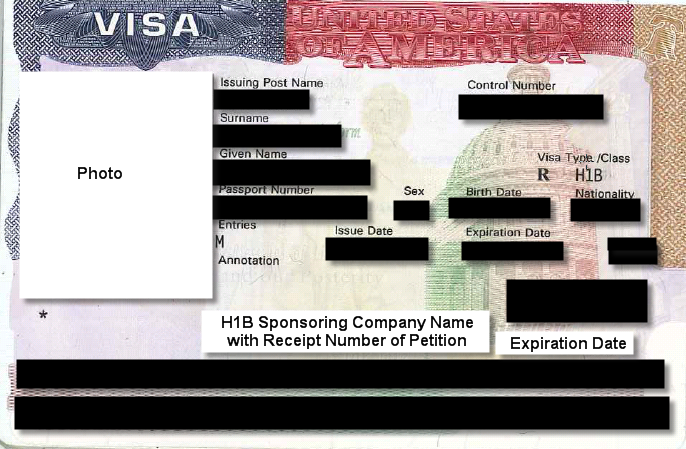The law firm Tonkon Torp held a seminar in Portland today on the H1-B program under the Trump Administration.
Companies that hire foreign nationals on H1-B visas could find it more difficult to process applications, speakers said.
President Donald Trump has threatened to undermine the HI-B visa program, which allows businesses to hire foreigners in positions that require specialized skills. Trump has argued the program takes jobs away from U.S. nationals.
High tech companies, such as software engineering firms, make heavy use of H1-B visas because they argue they cannot find enough qualified U.S. workers to fill positions.
Lawyers are preparing for more hurdles in the visa application process.
“With the expected increased level of scrutiny, it is key for companies to put their best petition forward,” said Melany Savitt, an attorney at Tonkon Torp’s immigration practice.
It is unlikely the Trump administration could undo the foundations of the H1-B visa program because it would take an act of Congress to do so, said Alan Perkins, immigration attorney at Tonkon Torp. The pillars of the program include the 85,000 cap on visas that are provided to applicants each year. Last year, 236,000 petitions were filed for H1-B work permits.
But the executive branch could change certain aspects of how the program is managed. “They are definitely looking at ways to rescind certain regulations,” said Perkins.
Areas that could change include how the prevailing wage employers are required to pay visa holders is determined. Opponents of the program advocate the salary requirements should be increased. Opponents are also considering requiring employers to recruit U.S. workers before sponsoring H1-B visa applicants.
Industries that are at risk of stricter enforcement include retail, construction, high tech, government contractors, healthcare and staffing agencies, said Turid Owren, head of Tonkon Torp’s immigration practice group.
Alternatives to H1-B visas are also at risk. These include special visa arrangements with nationals of Australia, Chile and Singapore, as well as nationals of NAFTA members Canada and Mexico.
Foreign students that plan to work in the U.S. could also be affected. In jeopardy is an Obama administration-led program that allows foreign students who receive science, technology, engineering and mathematics (STEM) degrees to extend the duration of their visas to look for jobs in the U.S.





